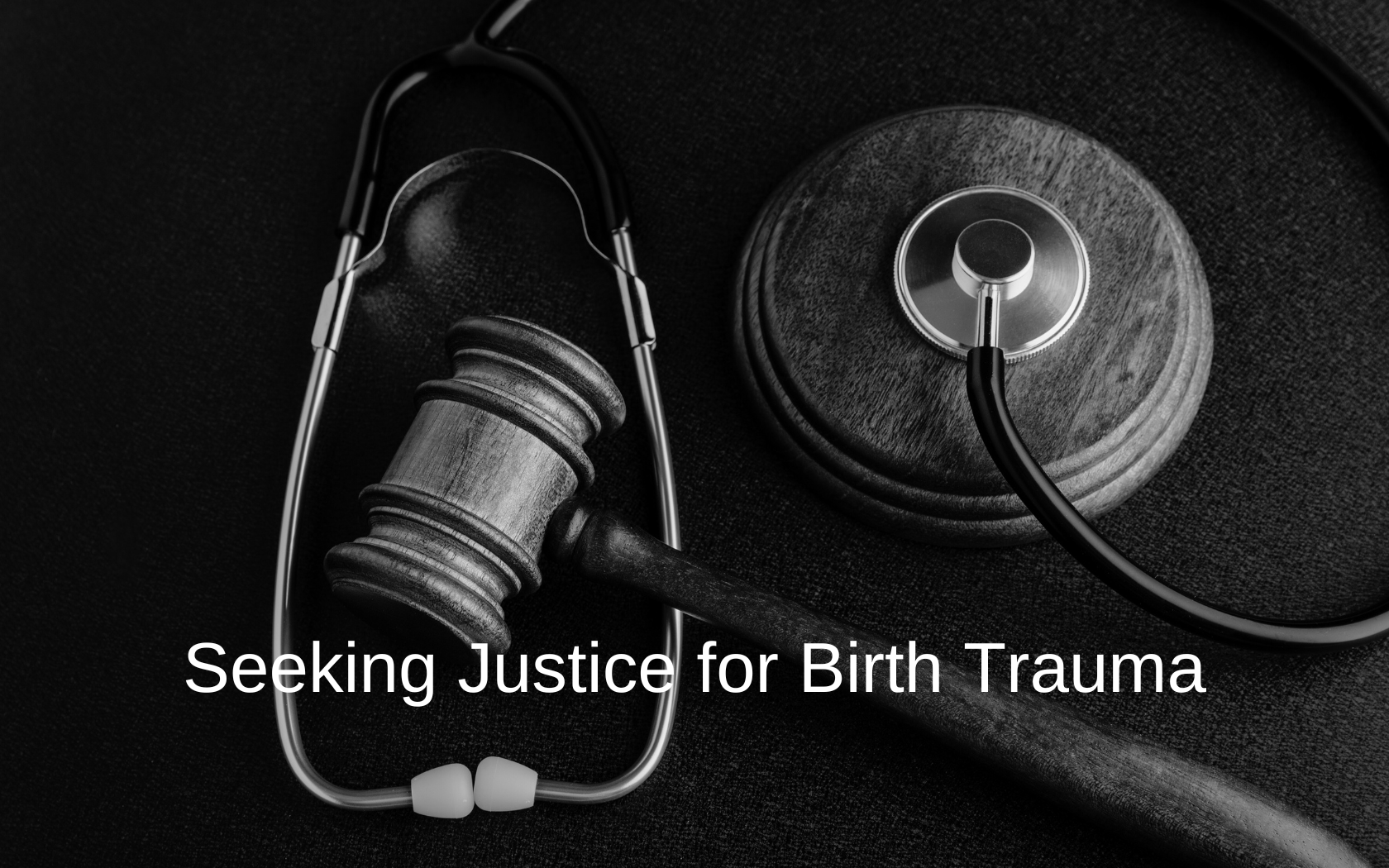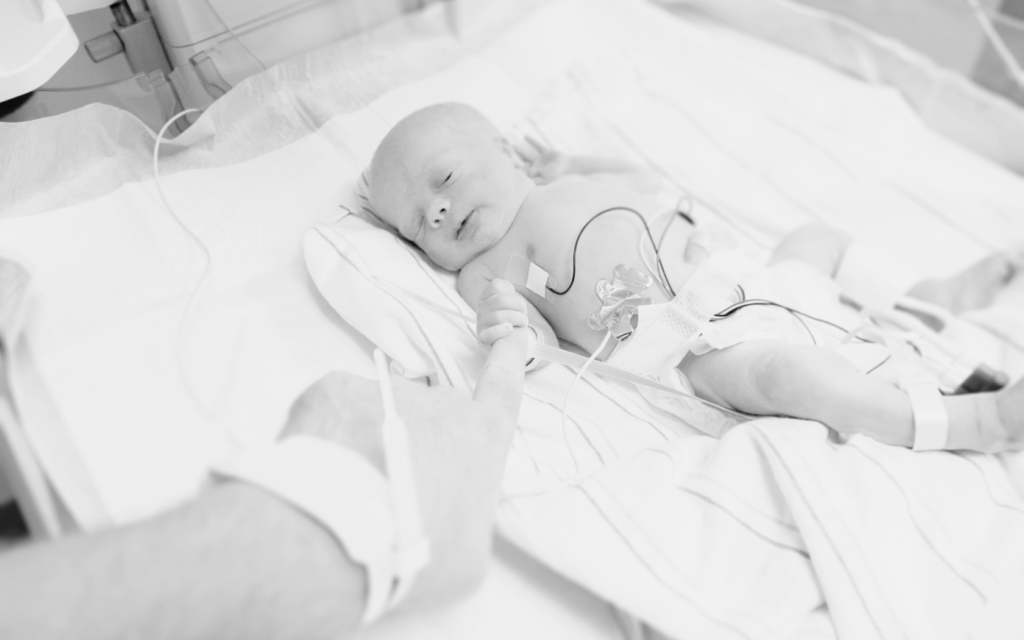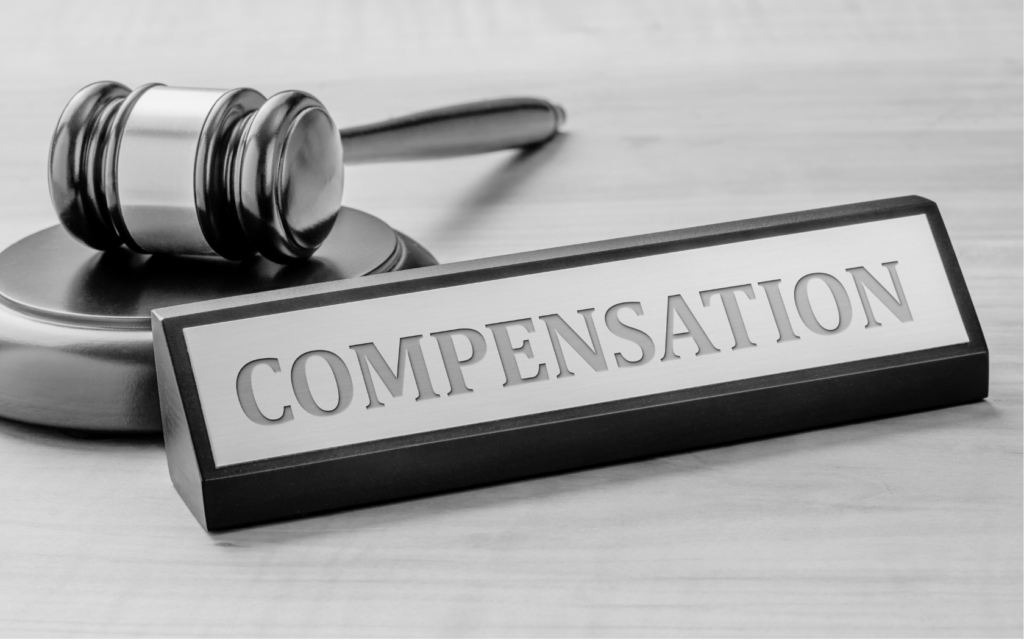When you’re in the hospital about to give birth, you hope the doctors and nurses will be your greatest allies. But what happens when the very people you trust to protect you and your baby turn against you? What if they turn your joyous moment into a traumatic experience? If you’re left wondering, “Can you sue a hospital for traumatic birth?” you’re not alone.
Traumatic birth compensation isn’t just about money—it’s about seeking justice, finding closure, and ensuring that you and your child receive the care and support you need to heal.

What is a Traumatic Birth?
A traumatic birth is one that brings physical or emotional distress for the mother and/or the baby. For example, prolonged labor could lead to exhaustion and severe discomfort.
A birth could also be traumatic due to unforeseen outcomes, like stillbirth or severe birth complications. Serious medical emergencies can occur, like placenta abruption or uterine rupture.
Can You Sue a Hospital for Traumatic Birth?
You can sue a hospital for traumatic birth when the hospital’s actions are negligent. But what kind of actions are negligent? Does any mistake or error count as negligence?
Not always. A doctor or hospital’s action or inaction is negligent under the law only when it deviates from the standard of care. The standard of care is, in essence, the actions that any competent, trained doctor should follow in a given situation.
But how will you know when a doctor or hospital has deviated from the standard of care? Chances are, you’re not a doctor. It can be hard to distinguish between a preventable mistake and an unpreventable one. So this is where medical experts come into play.
If you think your hospital committed negligence during childbirth, you should contact an attorney. They’ll review the details of the birth with medical experts. They can pinpoint potential deviations from standard procedures. They’ll be able to tell you whether you can sue a hospital for traumatic birth. You may be able to obtain traumatic birth compensation to cover medical costs and other damages.

Possible Grounds for a Traumatic Birth Claim
Let’s look at some examples of when you could sue a hospital for traumatic birth:
- Failure to Monitor: The hospital fails to monitor the baby’s or mother’s condition properly. It leads to complications that could have been avoided with timely intervention.
- Improper Use of Medical Tools: A doctor uses forceps, vacuum extractors, or other tools incorrectly, causing an injury.
- Delayed or Incorrect Diagnosis: The doctor doesn’t provide any diagnosis, or misdiagnoses a condition. The misdiagnosis causes trauma that could have been prevented.
- Inadequate Response: The healthcare team doesn’t respond to signs of fetal distress or maternal complications.
- Failure to Follow Protocol: A doctor or hospital doesn’t adhere to established medical protocols for labor and delivery, resulting in harm.
All of the above situations could count as negligence. A hospital may owe you traumatic birth compensation when you or your child suffers serious harm because of a traumatic birth.
Common Injuries from Traumatic Birth
In most cases, you can sue a hospital for traumatic birth only if the following are true:
- The hospital’s actions (or inaction) deviated from the standard of care.
- The hospital’s negligent actions (or inaction) directly injured you or your child.
Common birth injuries to children from a traumatic birth include:
- Cerebral palsy
- Brachial Plexus Injury (Erb’s Palsy)
- Fractures (most commonly the clavicle)
- Facial nerve damage or paralysis
- Hypoxic-Ischemic Encephalopathy (HIE)
- Meconium Aspiration Syndrome (MAS) and lung infections
- Cephalohematoma
Mothers can suffer serious and permanent injuries from a traumatic birth as well. Here are some examples:
- Perineal tears
- Episiotomy Complications
- Pelvic floor injury or collapse
- Uterine rupture
- Postpartum hemorrhage (excessive bleeding)
- Infections at the sight of tears or incisions
- Placental abruption

Traumatic Birth Compensation: How Much Can I Get?
If only the hospital would hand you a blank check, and you could ask for any amount! Of course, no amount of many can take away the trauma you’ve suffered, or restore your or your child’s health.
But that’s not the point of traumatic birth compensation. The goal is to alleviate your financial and emotional burdens. It’s about ensuring that you have the resources needed to manage the ongoing effects of the traumatic birth.
Now, the million dollar question is, “how much traumatic birth compensation can I get?” It’s possible that it could be in the millions. But it depends on several factors, including:
- Current and future medical costs
- Amount of lost income (because you or your partner had to take time off work)
- Compensation for pain and suffering
- Future needs (severe injuries may require ongoing care)
- Accountability (the amount of compensation may be higher if your hospital’s actions were egregious or cruel).
On average, birth trauma compensation in the U.S. can run from the thousands for mild injuries, to hundreds of thousands for severe injuries, to the millions for cases involving permanent and severe conditions, such as brain damage and death. To get an idea of possible amounts, see compensation we’ve won for our clients.
If you’re wondering whether you can sue a hospital for traumatic birth, the time to act is now. Most birth injury cases expire after 2 years. You won’t be able to file a lawsuit after that. If you suspect your hospital’s negligence caused a traumatic birth, contact our lawyers today.
Traumatic Birth FAQs
Traumatic birth, or birth trauma, is any physical, emotional, or psychological distress you or the baby experience during/after childbirth. It’s a broad term that can include anything from preeclampsia to post-traumatic stress disorder (PTSD). Here are some examples of what a traumatic birth could involve:
– Unexpected medical interventions
– Prolonged or difficult labor
– Emergency C-sections
– Excessive bleeding
– Use of forceps or vacuum to deliver the baby
– Feelings of helplessness, fear, or lack of support during labor
– Injuries or health issues after birth
– Life-threatening complications like umbilical cord or placenta problems
Experiencing traumatic birth doesn’t always mean you can sue for damages. If you think your medical provider was negligent, you should contact a lawyer to see if you have a case.
Yes, birth trauma can lead to PTSD. PTSD (post-traumatic stress disorder) is a mental health condition. It can develop after experiencing any traumatic event. PTSD from childbirth could develop after a difficult or emergency delivery, feeling powerless during labor, or fearing for your safety or the baby’s.
Symptoms of birth-related PTSD can include:
– Flashbacks or nightmares about the birth
– Avoidance of anything related to the birth experience
– Feeling anxious, irritable, or on edge
– Difficulty bonding with the baby
– Emotional numbness or detachment
If you experience PTSD after childbirth, seek professional help. Getting the support and treatment you need can help you recover.
– The most common cause of birth trauma is labor that’s difficult or goes on too long. There are many reasons why labor sometimes doesn’t progress. Here are a few:-
– The baby is very large
– The baby’s shoulders get stuck after the head is delivered
– It’s a premature birth, and the baby’s body isn’t fully developed for delivery
– The baby isn’t in the ideal head-down position for birth
– The size or shape of the mother’s pelvis makes a vaginal birth difficult




